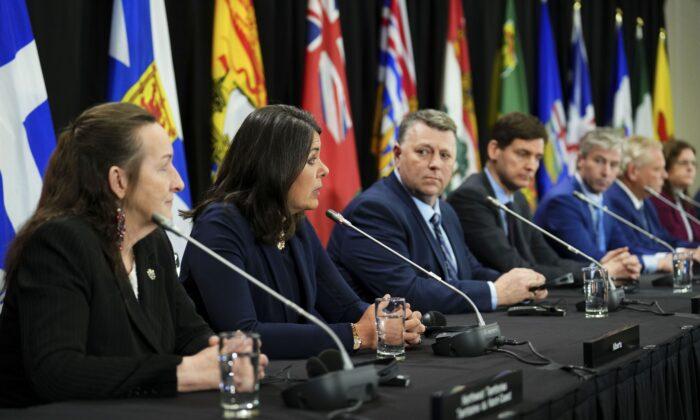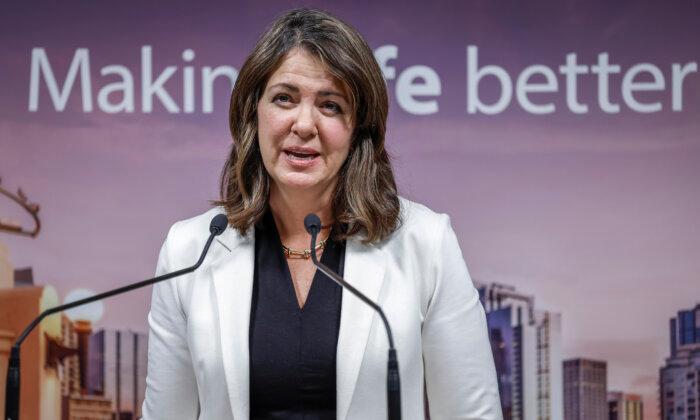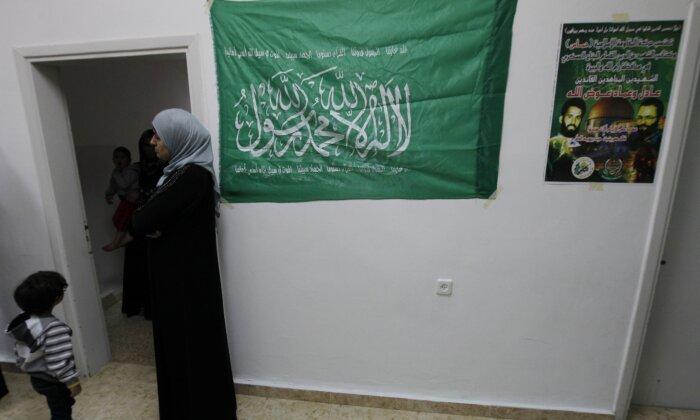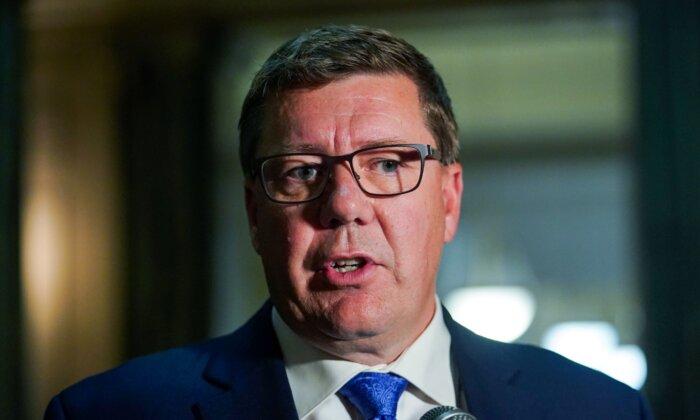The country’s premiers will meet to discuss the federal government’s health-care funding proposals on Feb. 13, but the final amount is not up for negotiation, says Intergovernmental Affairs Minister Dominic LeBlanc.
“What we’ve said is that is the financial commitment that we believe the Government of Canada is able to make,” he said. “It’s a significant commitment, it’s a long-term commitment, and we’ve invited the provinces to discuss with us to negotiate the best agreement within those financial parameters for their jurisdiction.”
COVID Spending
According to LeBlanc, COVID is to blame for the shortfall in the health-care funding offer, stating the government “stepped up massively” and spent an additional $72 billion, “much of which went to the provinces and territories for the health-care system, the cost of all of the vaccines.”He said the federal government paid the provinces “to administer the vaccines, we paid them to improve ventilation in schools and public buildings.”
As a result, he said, the government’s fiscal position is “different than it might have been four years ago.”
“The kind of deficit we had five years ago was nothing compared to the deficit that we incurred because of COVID two years ago, and last year, and again this year,” LeBlanc said.
“It’s significantly less than we were looking for in terms of the baseline funding injection into the Canada Health Transfer,” she said.
The premiers still have to agree to any new accord with Ottawa and develop “action plans” describing how they will use the funding to improve their health care around four “shared health priorities.” These include “family health care; health workforce and backlogs; mental health and substance use; and modernizing the health care system with standardized information and digital tools.”





